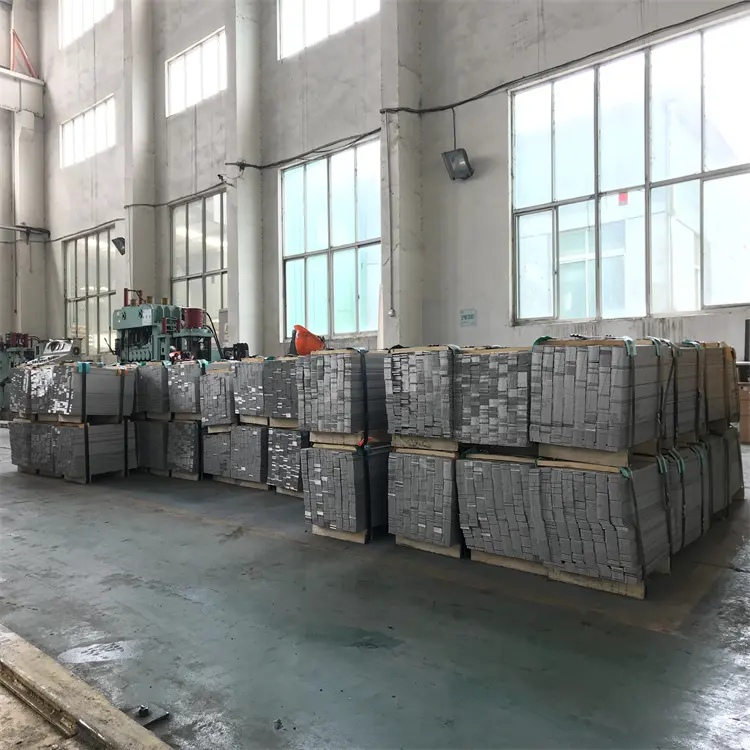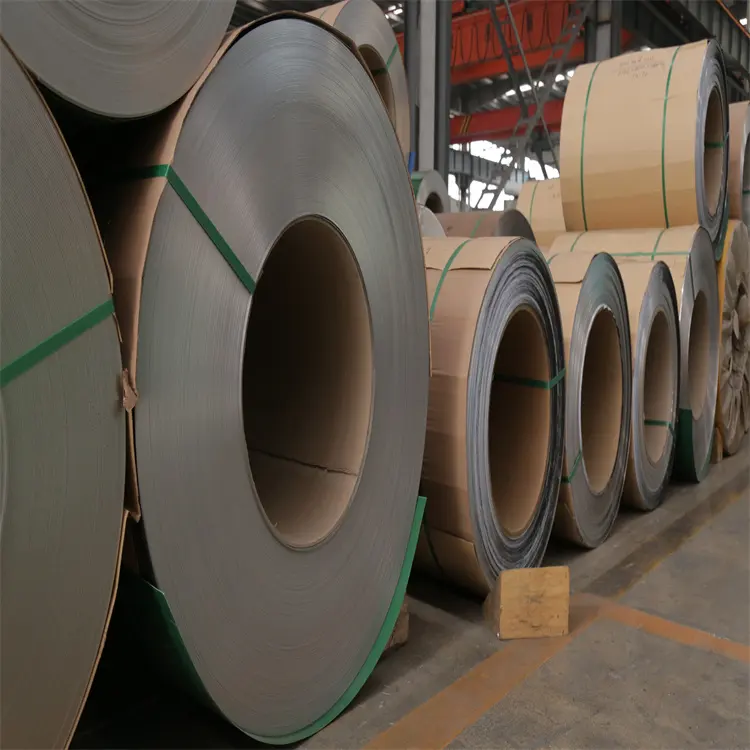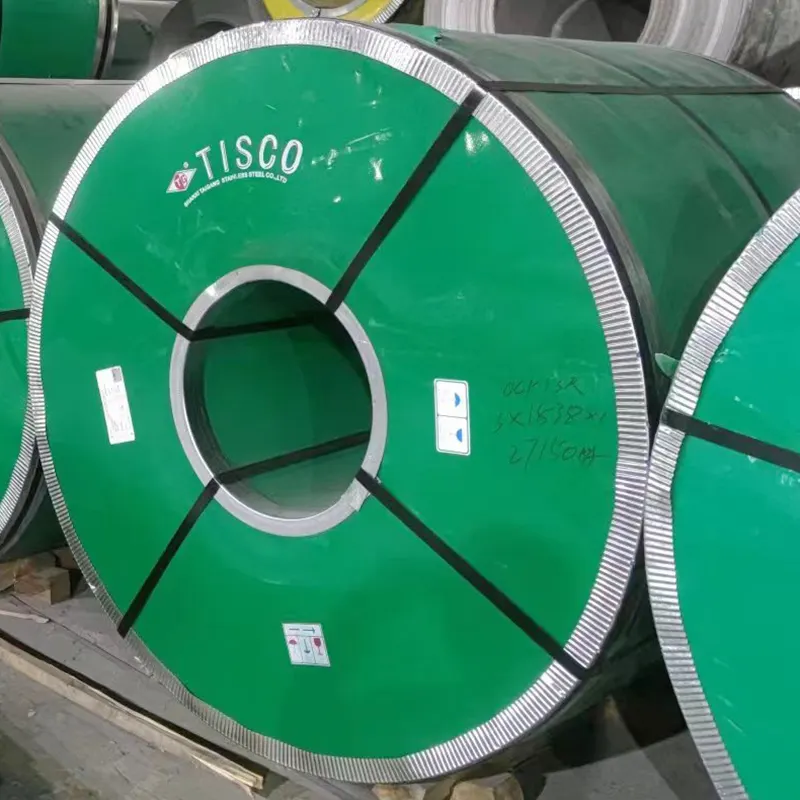304 stainless steel bar
304 stainless steel bar represents a versatile and highly sought-after material in modern manufacturing and construction. This austenitic steel grade combines chromium and nickel to create a corrosion-resistant, durable, and aesthetically pleasing product. The material exhibits exceptional strength-to-weight ratio and maintains its structural integrity across a wide temperature range, from cryogenic conditions to elevated heat environments. Its non-magnetic properties and excellent formability make it ideal for various applications. The 304 grade offers outstanding welding characteristics and can be easily machined to meet specific requirements. With a minimum of 18% chromium and 8% nickel content, these bars form a passive chromium oxide layer that provides superior protection against corrosive elements. The material's ability to withstand harsh chemicals, combined with its hygienic properties, makes it particularly valuable in food processing, pharmaceutical manufacturing, and medical equipment production. Available in various shapes and sizes, from round to hexagonal profiles, 304 stainless steel bars maintain their appearance and performance throughout their service life with minimal maintenance requirements.


